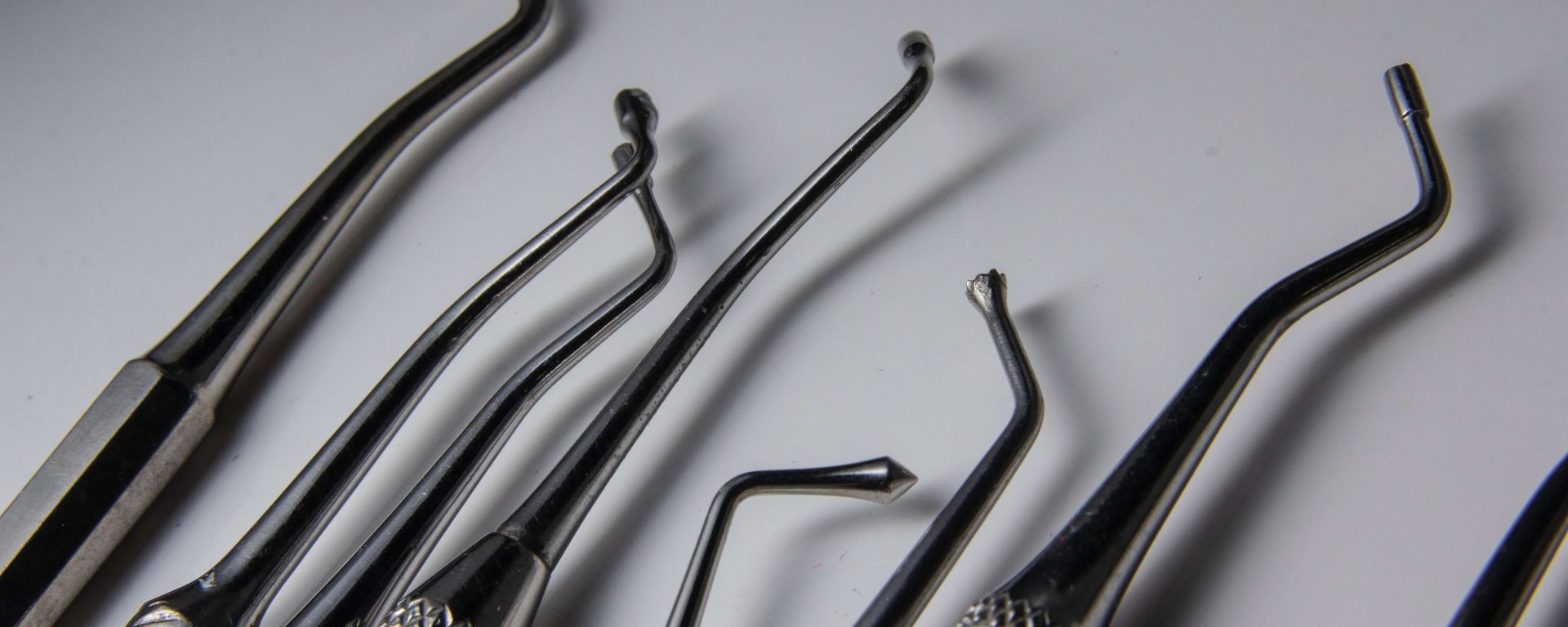Dental hygienists play a critical role in supporting dentists. Dental hygienists are often the unsung heroes of the dental office by:
- Conducting oral exams
- Teaching patients about oral health
- Assisting with complex procedures
- Managing patient records
- Serving as an important liaison between patient and provider
The impact dental hygienists have on overall oral health can’t be overstated. Dentists can’t provide complete care without the help of their entire team of healthcare support staff. Let’s take a closer look at the ways in which dental hygienists support patients and providers in the dental office.
The Initial Patient Exam
Going to the dentist is nerve-wracking for many patients — especially if it’s been a while since their last visit. Dental hygienists are responsible for conducting initial patient exams where they speak with patients, discuss their oral history, and make a note of any concerns the dentist should be aware of. For pediatric patients, the dental hygienist must comfort their young patients while discussing oral health with their parents, often at the same time.
Dental hygienists use their skills and compassion to help calm anxious patients, making it easier for the dentist to come in and provide care. Because of dental hygienists, dentists can focus on diagnosis and treatment, knowing their patients are looked after by their support team.
Providing Preventative Care
Dental hygienists are trained to provide preventative care such as teeth cleaning, fluoride application, and oral education. This care helps prevent patients from developing tooth decay and gum disease in the future. The work dental hygienists do in supporting oral health today can reduce the need for more extensive dental procedures later in a patient’s life.
Managing Patient Records
In addition to direct patient care, dental hygienists work behind the scenes to keep patient records in order. It’s extremely important for a dental practice to keep a thorough and organized records system, and dental hygienists play a major role in that effort by:
- Updating patient medical histories
- Recording treatment plans
- Documenting procedures performed
Dental records are important because they allow dentists to provide the highest level of care to new and returning patients. Dental records are also critical in helping people get the cost of their dental care covered by insurance.
Interested in learning more about Goodwin’s Dental Hygiene program?
Taking X-Rays
X-rays help dentists get a closer look at a person’s jaw and teeth. Since not all dental issues can be seen during a physical exam, X-rays help provide a detailed view of a patient’s mouth. In dental hygiene school, students train on the most up-to-date diagnostic technology, including X-ray machines. If it wasn’t for hygienists with this kind of technical knowledge, dentists would be limited in the types of diagnostic tools they use in their everyday practice.
Assisting During Procedures
Dental procedures are complex. Dentists must work in the confines of a person’s mouth, with tools and instruments that could pose a danger to a patient if handled incorrectly. Dental hygienists support dentists during procedures by:
- Keeping track of instruments
- Passing instruments to the dentist
- Comforting the patient
- Suctioning saliva and water
- Monitoring patient vital signs
Dental hygienists assist during routine procedures such as fillings, extractions, and root canals. They also provide vital assistance during more complex dental procedures. Without this support, a dentist’s job would be much more difficult and unsafe for the patient.
Are you considering a career as a dental hygienist? Knowing you’re about to embark on a career journey where you support patients and their providers is exciting. We’ve got just what you need to get started on that path.
Download our AS in Dental Hygiene Get Started Guide for everything you need to know when exploring a career in Dental Hygiene.
Call: 800-889-3282
Text: 860-467-1511
Goodwin University is a nonprofit institution of higher education and is accredited by the New England Commission of Higher Education (NECHE), formerly known as the New England Association of Schools and Colleges (NEASC). Goodwin University was founded in 1999, with the goal of serving a diverse student population with career-focused degree programs that lead to strong employment outcomes.

